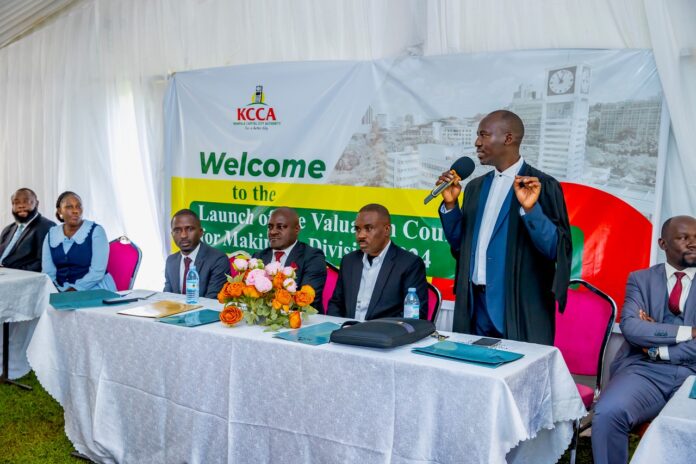
The Kampala Capital City Authority (KCCA) has launched valuation court sessions in Makindye aiming to solve property tax disputes in Kampala.
The launch, which was held at Makyinde division headquarters on November 4, 2024, was officiated by Lord Mayor Erias Lukwago and led by Samuel Mulindwa Muyizi, the Chairperson of the Valuation Court.
Muyizi said that the court is committed to a people-centered approach that ensures justice in property tax matters.
“Property rates are the lifeline of Kampala, and the court will work to ensure fairness in how these rates are set,” he said.
According to the authority, the valuation court is a judicial platform established to resolve property tax disputes and has powers akin to a magistrate’s court.
KCCA said that it is set to provide a fair and impartial system for property owners to seek redress over tax concerns, including disputes over valuations and requests for tax exemptions.
Read Also: Embattled Ex-KCCA Bosses Granted Bail
Frank Rusa, the Acting KCCA Executive Director, and Ezra Ssebufu, the Acting Director of Revenue Collection, highlighted the success of Makindye’s property tax collection efforts, citing a steady increase in revenue over recent years, with UGX 16 billion collected in the 2023/24 fiscal year.
Property rates have become a critical source of revenue for KCCA.
Allan Ssewanyana, the MP of Makindye West, commended the valuation court, emphasizing the need to educate residents on property rates.
The court will begin reviewing the grievances of property owners who object to their property valuations. It also has the authority to reassess tax rates based on the arguments presented and make adjustments where necessary.














